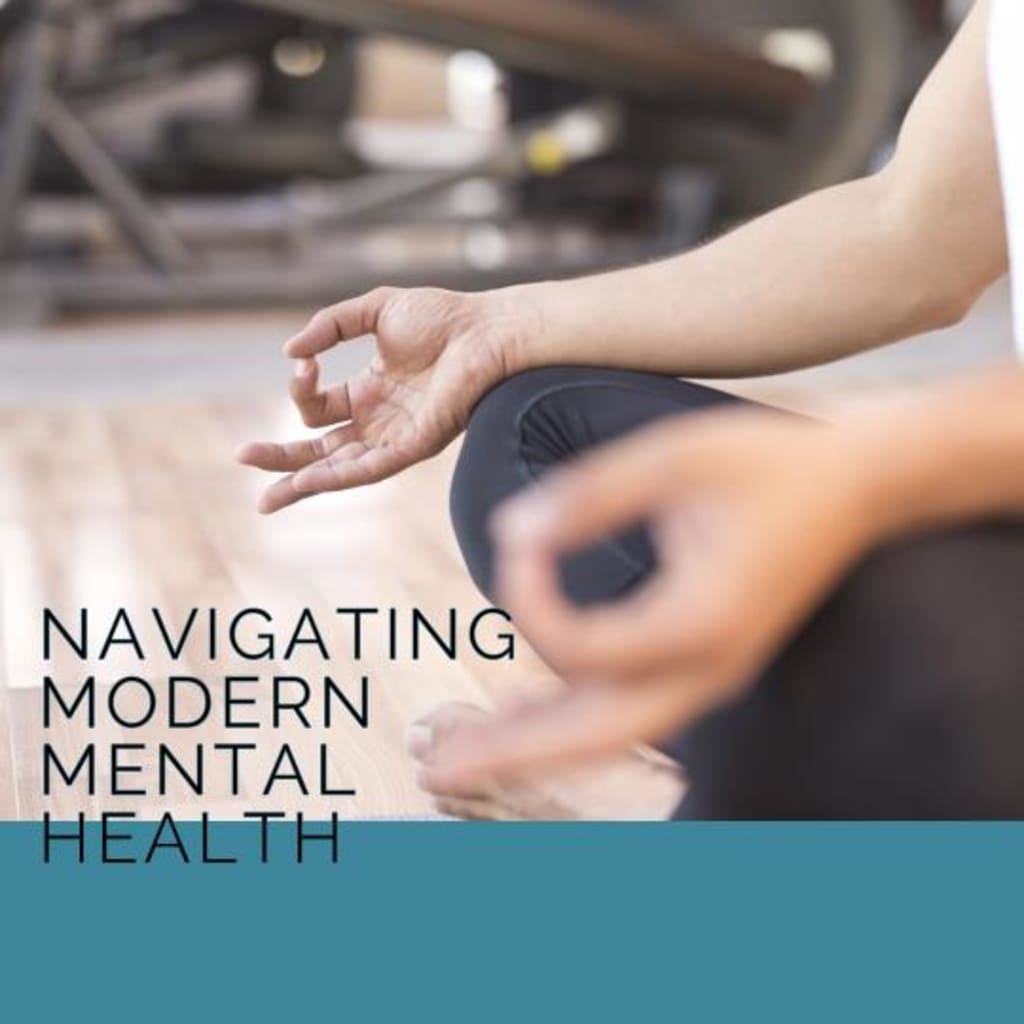Mental Health Matters: Exploring Modern Approaches to Psychological Wellbeing
Navigating the Landscape of Mental Health in the 21st Century

In an era marked by technological advancements, cultural shifts, and evolving societal norms, the significance of mental health has come to the forefront. The once-stigmatized topic has now gained widespread recognition as an essential aspect of overall wellbeing. This article delves into the contemporary landscape of mental health, exploring innovative approaches and strategies that have emerged to promote psychological wellbeing in the modern world.
The Evolution of Mental Health Perception
Over the centuries, attitudes toward mental health have evolved significantly. From historical perceptions of mental illness as spiritual afflictions to the rise of psychotherapy in the 20th century, society's understanding of mental health has undergone transformative shifts. In recent years, awareness campaigns and advocacy efforts have worked to dismantle the stigma surrounding mental health, opening doors for individuals to seek help without fear of judgment.
The Multifaceted Nature of Modern Stressors
Modern life presents a unique set of stressors that impact mental health. The rapid pace of technological advancements, the demands of the digital age, and the constant connectivity can contribute to feelings of overwhelm and anxiety. Economic uncertainties, societal pressures, and the challenges of maintaining a work-life balance further add to the complexities of navigating mental health in today's world.
Therapy in the Digital Age: Online Counseling and Teletherapy
As technology continues to reshape various aspects of our lives, it has also made significant inroads into the field of mental health. Online counseling and teletherapy have emerged as viable alternatives to traditional in-person therapy sessions. The convenience, accessibility, and anonymity offered by these platforms have made mental health support more readily available to a broader range of individuals, regardless of geographical constraints.
Mindfulness and Meditation: Cultivating Inner Resilience
In response to the fast-paced nature of modern life, mindfulness and meditation practices have gained immense popularity. These practices encourage individuals to stay present, cultivate self-awareness, and manage their emotional responses more effectively. Scientific research supports the benefits of mindfulness in reducing stress, anxiety, and even symptoms of depression, making it a valuable tool for enhancing psychological well being.
Holistic Approaches: Integrating Physical and Mental Health
The connection between physical and mental health is undeniable. Holistic approaches emphasize the integration of both aspects to achieve overall wellbeing. Regular exercise, proper nutrition, and adequate sleep not only contribute to physical health but also play a vital role in maintaining stable moods and promoting cognitive function. This holistic perspective underscores the importance of treating the mind and body as interconnected entities.
Cognitive Behavioral Therapy (CBT) and Positive Psychology
Cognitive Behavioral Therapy (CBT) has become a cornerstone in modern psychological treatment. Its goal-oriented and problem-solving approach equips individuals with practical strategies to challenge negative thought patterns and develop healthier coping mechanisms. Positive Psychology, on the other hand, focuses on enhancing strengths, cultivating gratitude, and promoting personal growth, offering a proactive approach to mental health maintenance.
Destigmatizing Mental Health Through Media and Arts
The entertainment industry has increasingly embraced the responsibility of portraying mental health issues authentically and compassionately. Television shows, movies, literature, and art have provided platforms to share stories of resilience, recovery, and the human experience. By portraying characters with diverse mental health journeys, the media contributes to normalizing these conversations and fostering empathy.
The Role of Social Support and Community
In an era dominated by virtual connections, the significance of social support remains unchanged. Building and maintaining strong social connections, whether in person or online, plays a crucial role in mental health. Engaging in meaningful relationships, participating in support groups, and connecting with like-minded individuals create a sense of belonging and provide avenues for sharing experiences and seeking guidance.
Embracing a Holistic Approach to Mental Health
The evolving landscape of mental health demands a multifaceted response that addresses the challenges of modern life while honoring the timeless principles of psychological well being. By combining innovative approaches, traditional therapies, and the power of community support, individuals can navigate the complexities of the 21st century with resilience and proactive self-care. Mental health truly matters, and embracing its significance empowers individuals to lead more fulfilling and balanced lives.





Comments
There are no comments for this story
Be the first to respond and start the conversation.